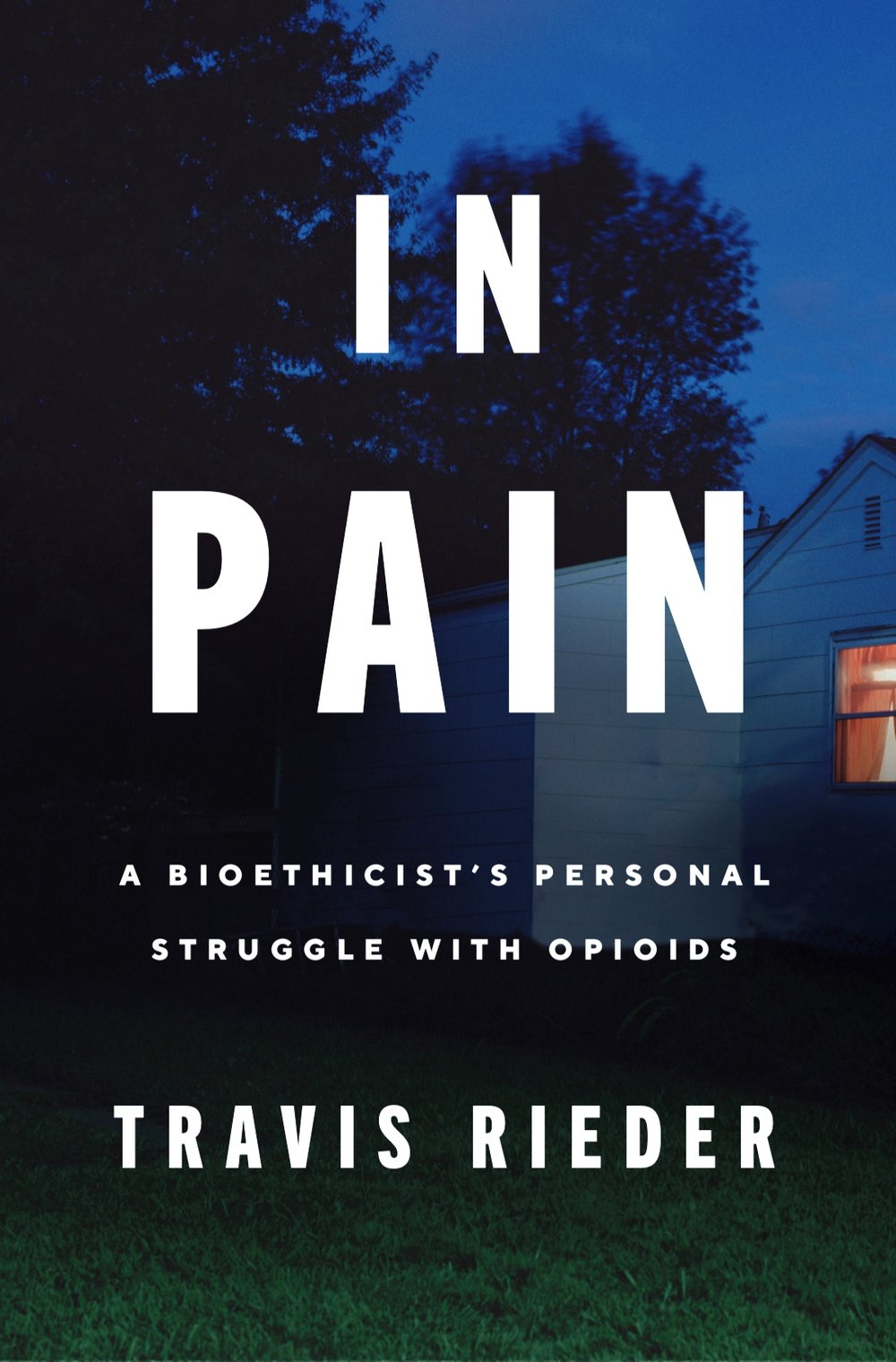
Well this was a jaw-dropping account of the opioid crisis. I never knew heroine was once prescribed for coughs, and that the current opioid crisis is repeating past mistakes that were never learned from. In Pain is partly a memoir, detailing the very horrific injury Travis sustained that led to him being reliant on pain medication. As he describes his own journey, he talks about what pain is, how pain management is handled (or mishandled), the history of opioid use and his plea for a future where pain patients receive the care they need, both to treat their pain and to support them in withdrawal.
Travis is aware of his privilege and his own struggles as a well-educated, white man only give you a hint at to how difficult it can be for those less privileged, those whose pain isn’t taken seriously due to medical bias or prejudice or those with a genetic predisposition to addiction. Travis wanted to be off the drugs, yet he didn’t receive the help he needed. In the grips of withdrawal his family doctor merely suggests going back on the drugs and trying again later. He goes onto explain that giving the brain that kind of reward makes it even harder to detox in future.
Doctors have been given conflicting information and very little training on pain management. Vets in the US get more training on pain than doctors. They don’t know how to safely taper their patients off the drugs the prescribe. Those who have been prescribing opioids in increasing amounts to their patients suddenly withhold the drugs, worried about addiction and drug seeking behaviours, driving their patients to the black market. Or in other cases, prolonged opioid use is causing patients to experience more pain than if they were taking NSAIDs.
Heroine becomes the cheaper option than illegal prescription drugs, but more likely to be cut with dangerous substances. He explains the reasons why people overdose and what can be done to help addicts.
It’s heart-breaking to think doctors were told that Oxycontin was not addictive, that they thought they were doing good when they prescribed it, but now they are left without the tools to fix it. Some drugs are better at relieving certain sorts of pain than opioids, but costs make them prohibitive. Opioids are cheap.
I don’t often say a book is a must-read, but this is an accessible look on the problem, told from someone who has both been through it and has the background to explain it concisely and frame sensible arguments. If you or someone close you are taking opioids, or you prescribe them yourself, this would be a great way to educate yourself further.
POPSUGAR Reading Challenge: 40. Your favorite prompt from a past POPSUGAR Reading Challenge
Goodreads | Amazon | Waterstones | Hive | Wordery | Blackwell’s
Book Source: Listened to via Scribd free trial
Related posts
1 Comment
Leave a ReplyCancel reply
This site uses Akismet to reduce spam. Learn how your comment data is processed.
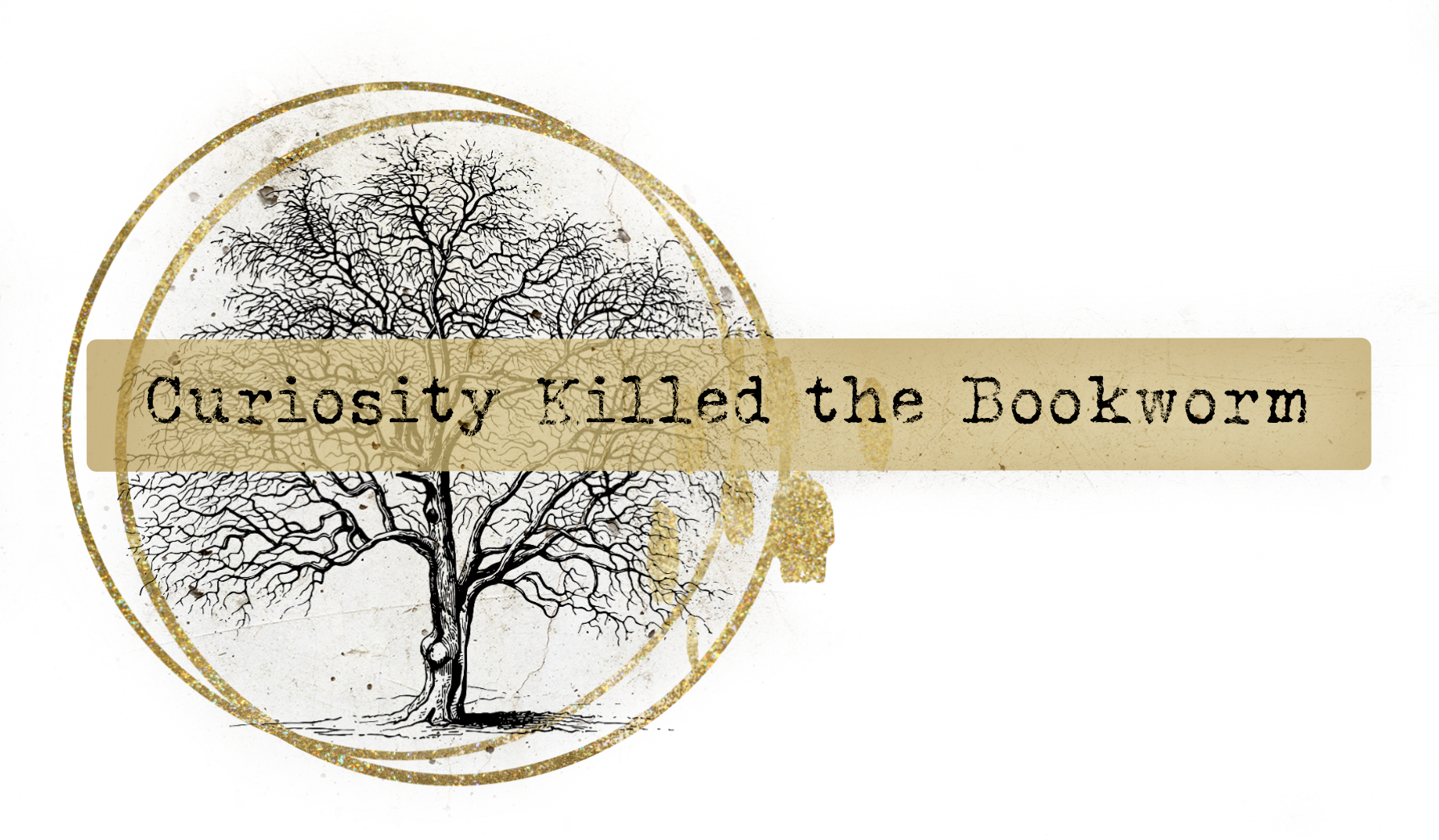

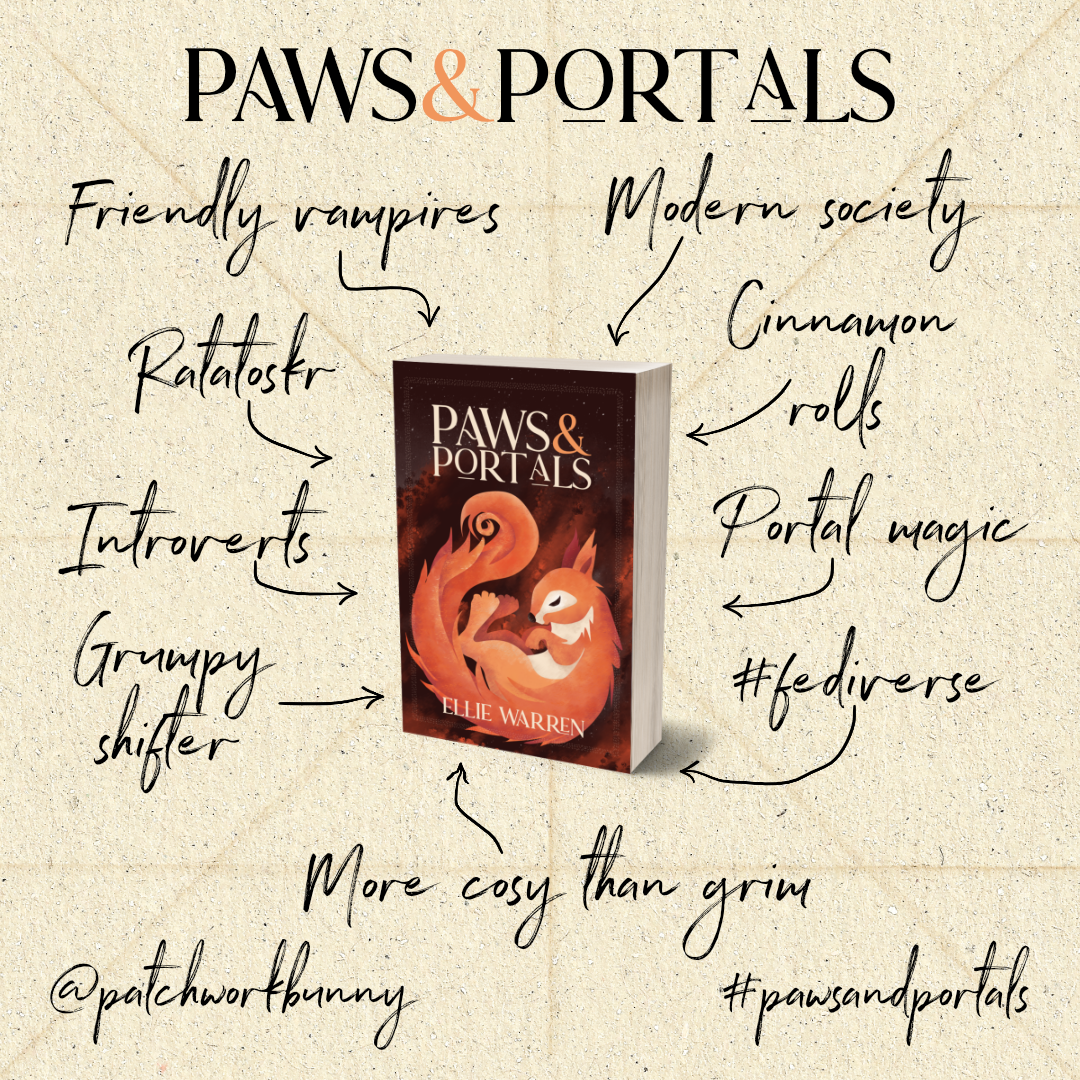


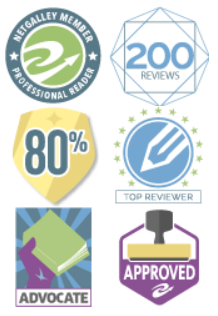
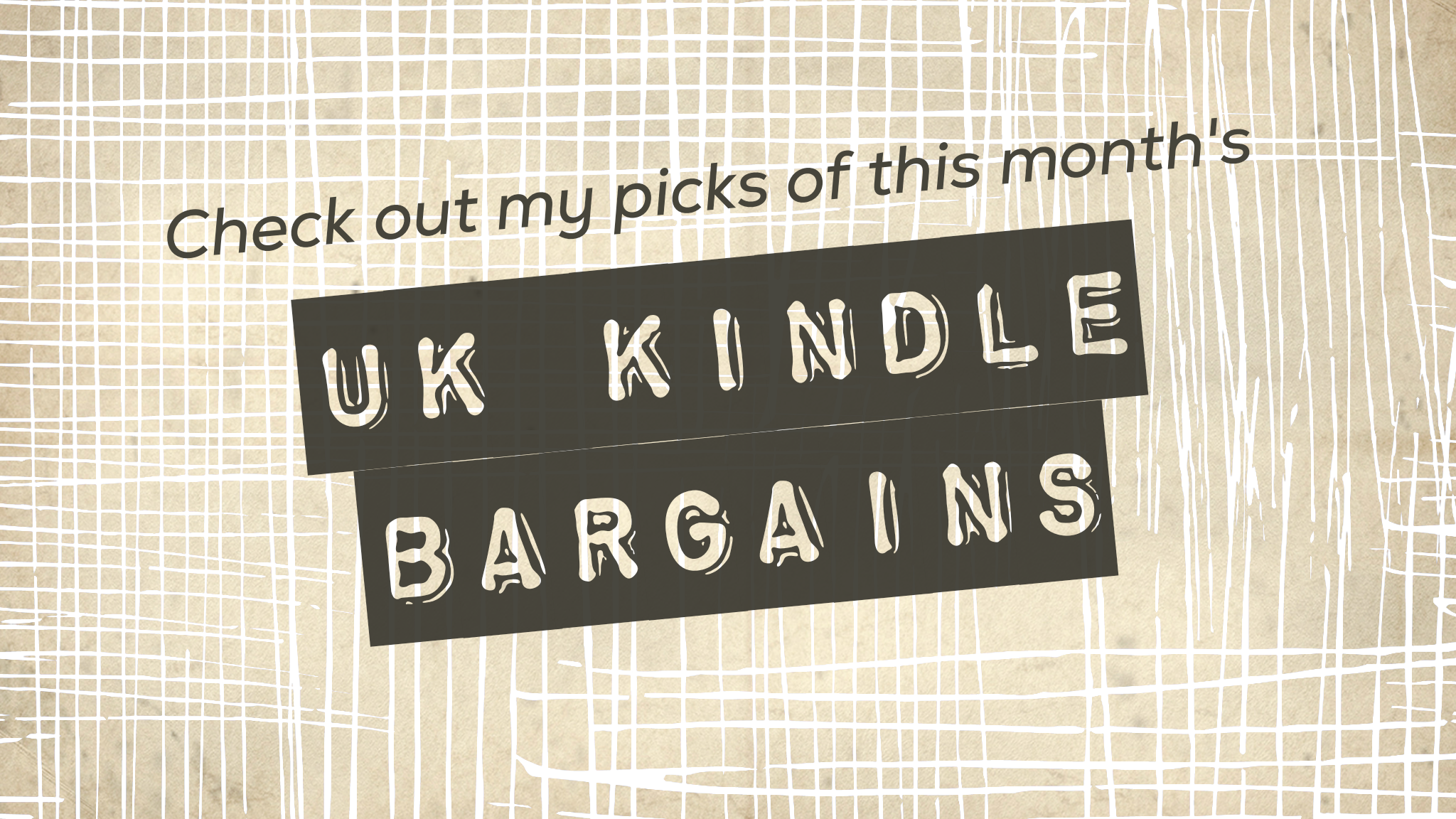
This sounds amazing.
I have several people in my life who deal with severe, chronic pain. Some of them have had trouble getting the prescriptions they need to perform very basic tasks in life like take a shower.
This whole topic is an incredibly complex one. I sure don't have the answers, but I think more research is required for sure.
Good review.